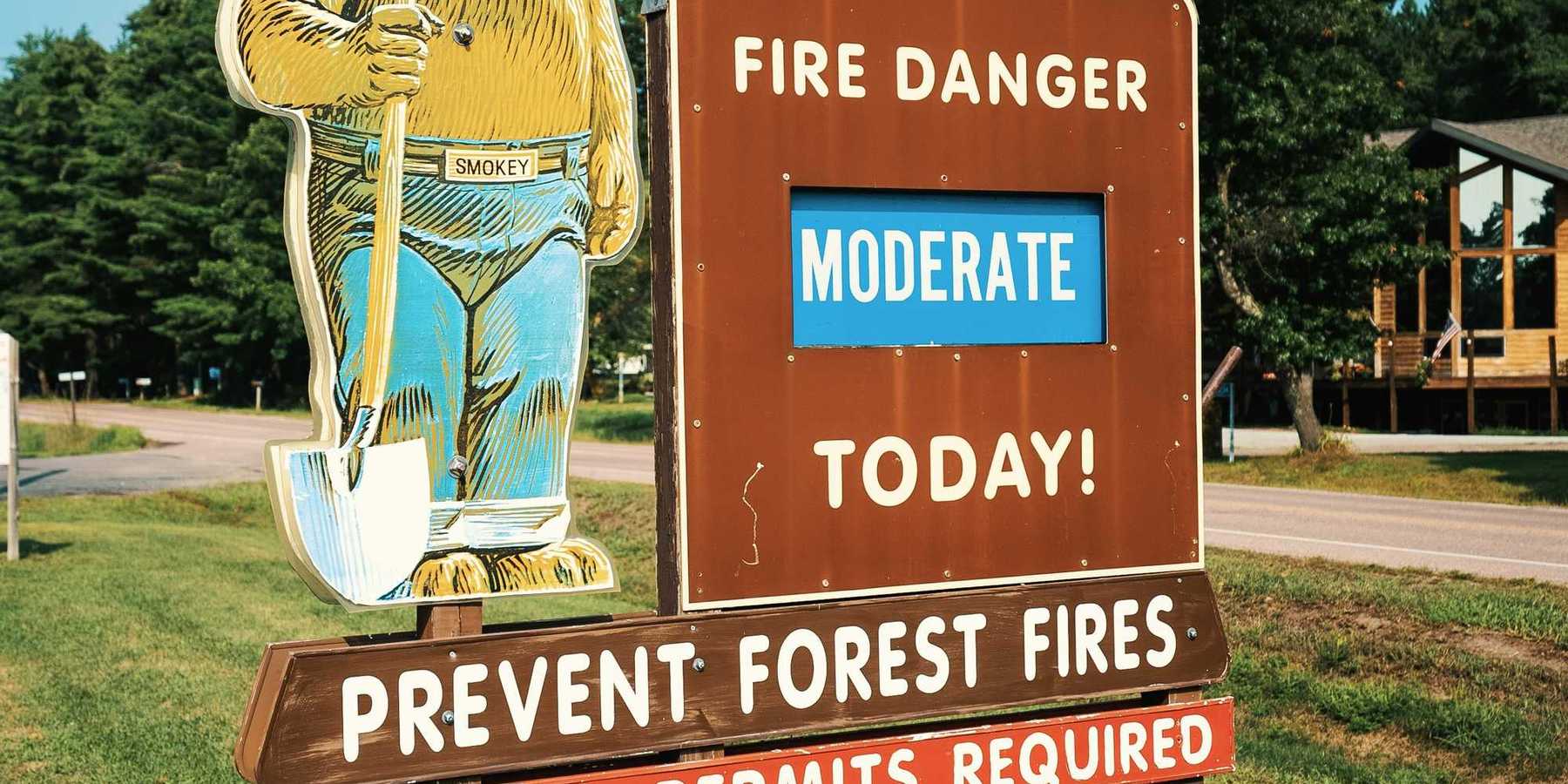'False promise': DOE's carbon removal plans rankle community advocates
E&E News writer Jean Chemnick reports that the Biden administration has championed carbon removal projects as better neighbors than the pollution-spewing industries of the past. But the Department of Energy’s first two candidates for its $3.5 billion direct air capture program have conducted an opaque early outreach process in the disadvantaged Louisiana and Texas communities where the projects would be built, leaving residents feeling shut out.
In a nutshell:
The Biden administration's push for carbon removal projects, as part of its environmental agenda, faces scrutiny due to concerns over community engagement. The Department of Energy (DOE) selected Battelle Memorial Institute and Occidental Petroleum Corp. for its $3.5 billion direct air capture program in Louisiana and Texas. Environmental justice groups in these areas express frustration at the lack of meaningful outreach before project selection, feeling excluded from the process. DOE, while emphasizing two-way community engagement, faces criticism for not consulting with communities from the project's inception, potentially exacerbating tensions between environmental justice and carbon removal efforts.
Key quote:
“As a community, we are already last on the list,” said Roishetta Ozane, an environmental justice advocate based in Louisiana’s majority-Black North Lake Charles neighborhood. “Everybody knows about this project, it was funded and everything. And now they want to come to the community when it should have been the other way around.”
The big picture:
Carbon capture and sequestration (CCS) facilities aim to collect carbon dioxide generated by coal- or gas-fired power production or plastics manufacturing, pumping CO2 into storage facilities instead of releasing it into the atmosphere. Yet CCS facilities can also perpetuate the reliance on fossil fuel industries, hindering progress towards reducing greenhouse gas emissions. In addition, they are energy intensive to operate and often powered by fossil fuels, canceling out the climate benefits and polluting surrounding communities.
Many critics of CCS therefore consider the technology a false solution to the climate crisis. But with new subsidies available for CCS in the Inflation Reduction Act, many environmental advocates warn of a looming CCS boom. That's especially problematic for communities overburdened with pollution from fossil fuel facilities, since CCS enables their continued operation. Disadvantaged communities often face limited opportunities for meaningful input in project decisions.
Read Chemnick's article in full at E&E News.
To learn more, check out Douglas Fischer's piece for EHN, which describes a campaign coordinated by the Center for International Environmental Law that questioned the efficacy of CCS. In an open letter to policymakers, a coalition of 500 U.S. and Canadian organizations wrote that, at best, carbon capture and storage prevents some emissions from reaching the atmosphere – provided the captured gases are not later released. At worst, the coalition claims, CCS masks emissions, increases pipeline infrastructure and prolongs the fossil fuel era."













